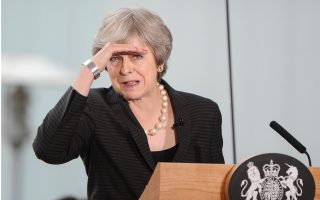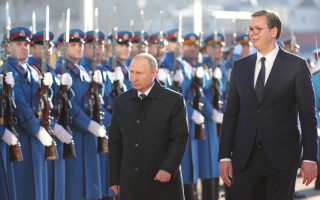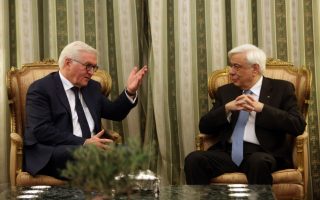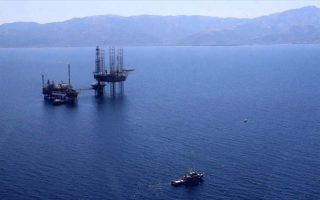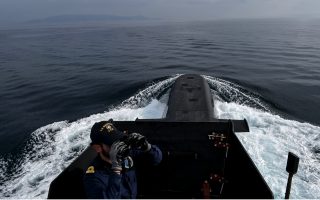The Balkans and the European Union
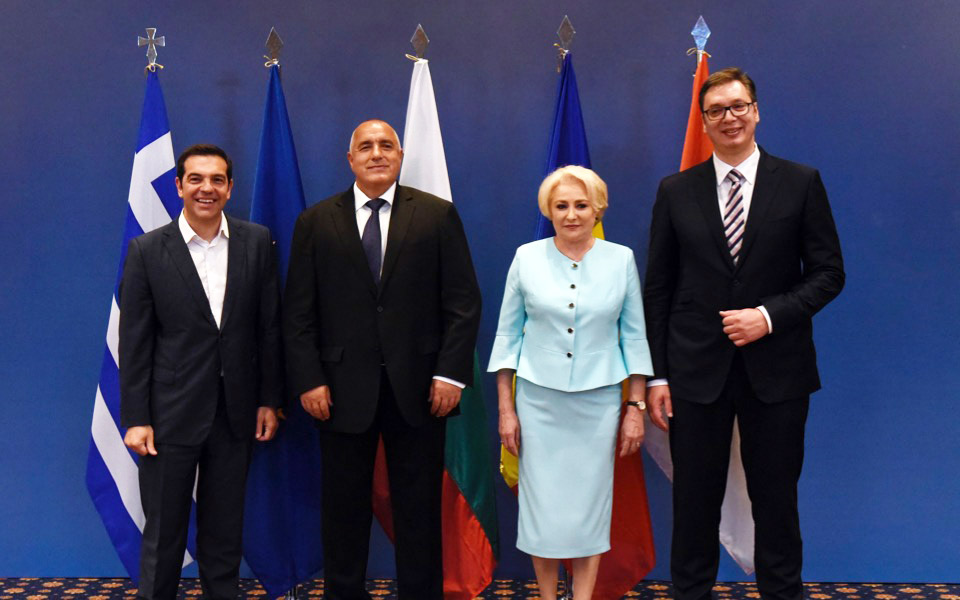
“There used to be a strong military presence here, Bulgarian missiles pointed at NATO’s southern flank, pointed at Greece, in this area. Now we’re building pipelines and ports,” Bulgarian Prime Minister Boyko Borisov told his Greek counterpart, Alexis Tsipras, during the latter’s recent visit just over the northern border to Bulgaria, when they inaugurated the construction of the Interconnector Greece-Bulgaria pipeline (IGB).
The Bulgarian leader was right, and it was an astute example he chose to underline the role that the European Union has played in eradicating animosity and promoting peaceful coexistence under the umbrella of the postwar European order between two historic enemies. The Greek-Bulgarian border did indeed personify the hate and suspicion between the two nations during the Cold War, both armed to the teeth and members of rival strategic alliances: SS-19 missile launchers installed in southern Bulgaria and pointed at Greece on behalf of the Warsaw Pact countries, with American nuclear MGR-1 Honest John rockets deployed by NATO on the Greek side, around Kilkis, Thessaloniki (in the Langadas area) and Drama.
Rivers of blood have been shed in Greek-Bulgarian conflicts during the Balkan and world wars. For half a century, the “threat from the north” was almost an obsession with the Greeks, just as the threat of an “imperialist invasion” from the south and dreams of access to the Mediterranean weighed on the minds of the Bulgarians.
And today? Beyond Borisov’s observations, Greeks and Bulgarians live in harmony, in an enviable state of good-neighborly relations. How did this happen? By living together – since 2007 when Bulgaria joined the EU – under the same European roof, historic hatchets were buried and what differences remained between the two nations were settled amicably within the framework of the bloc’s institutions.
Now that the EU is being challenged from inside and out, and with the voices for its dissolution growing, we need to appreciate the fact that we haven’t experienced war for the past 70 years and have settled our differences amicably thanks to the European ideals that some so readily dismiss. The Greeks and Bulgarians have perhaps benefited from this more than most, yet the tragedy is that there has been no discussion of what’s at stake even though we just had European elections.
